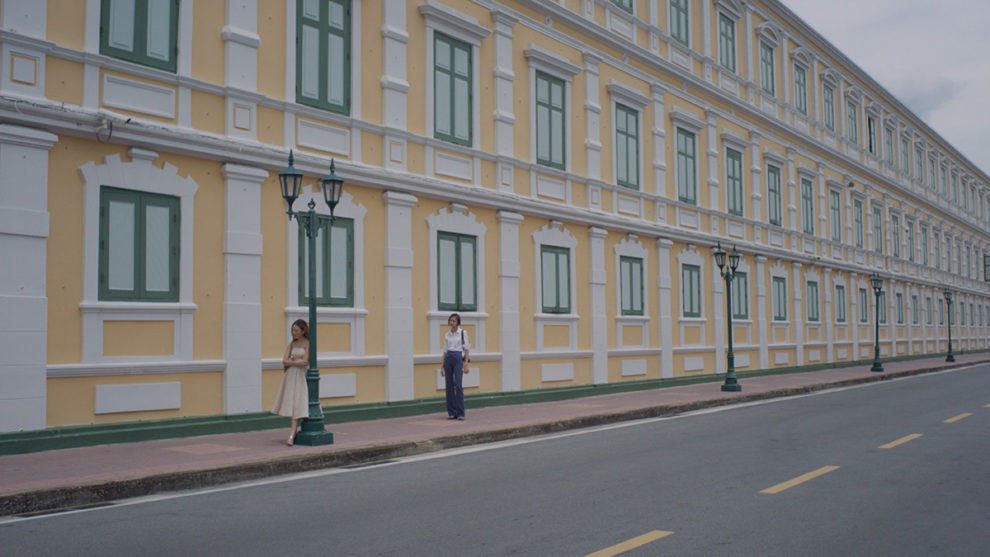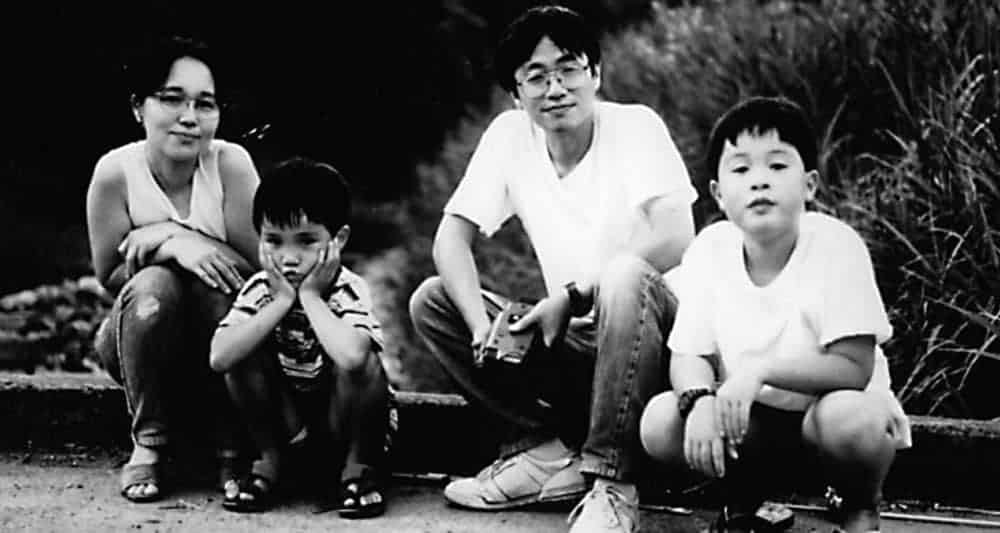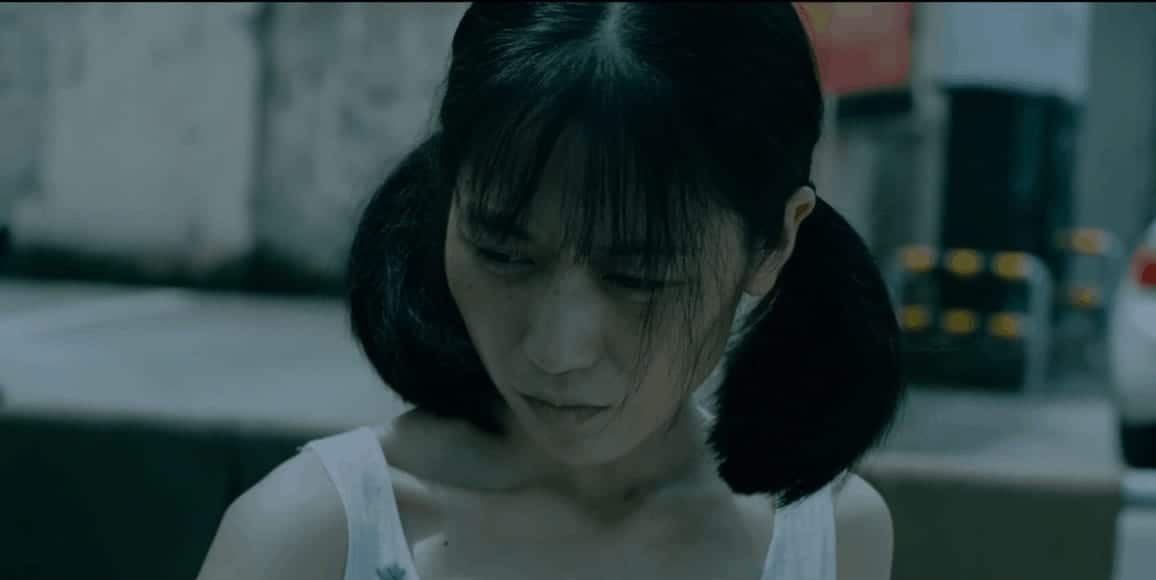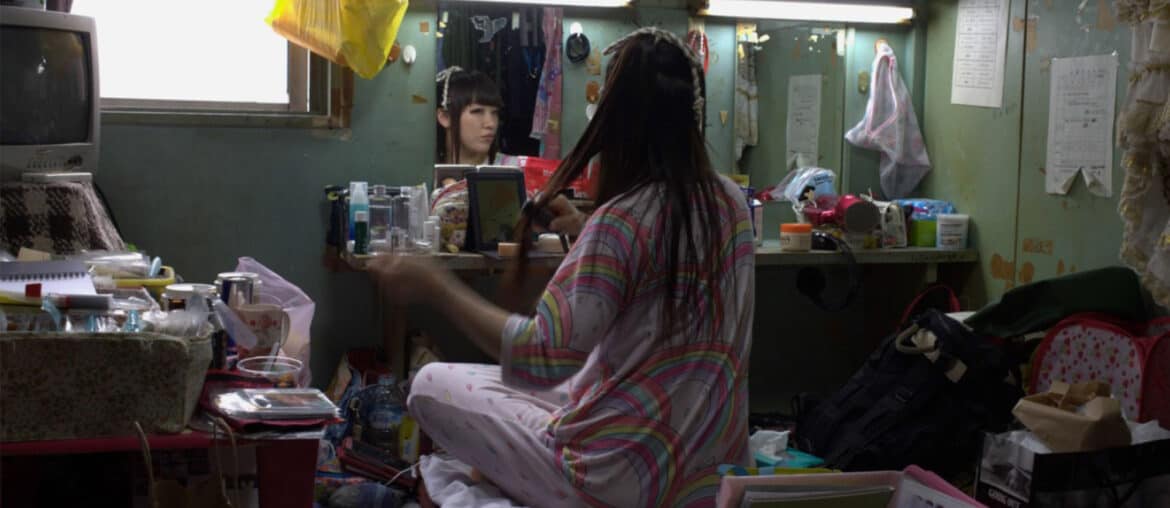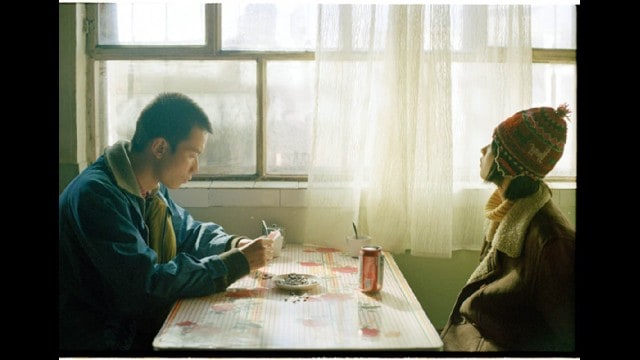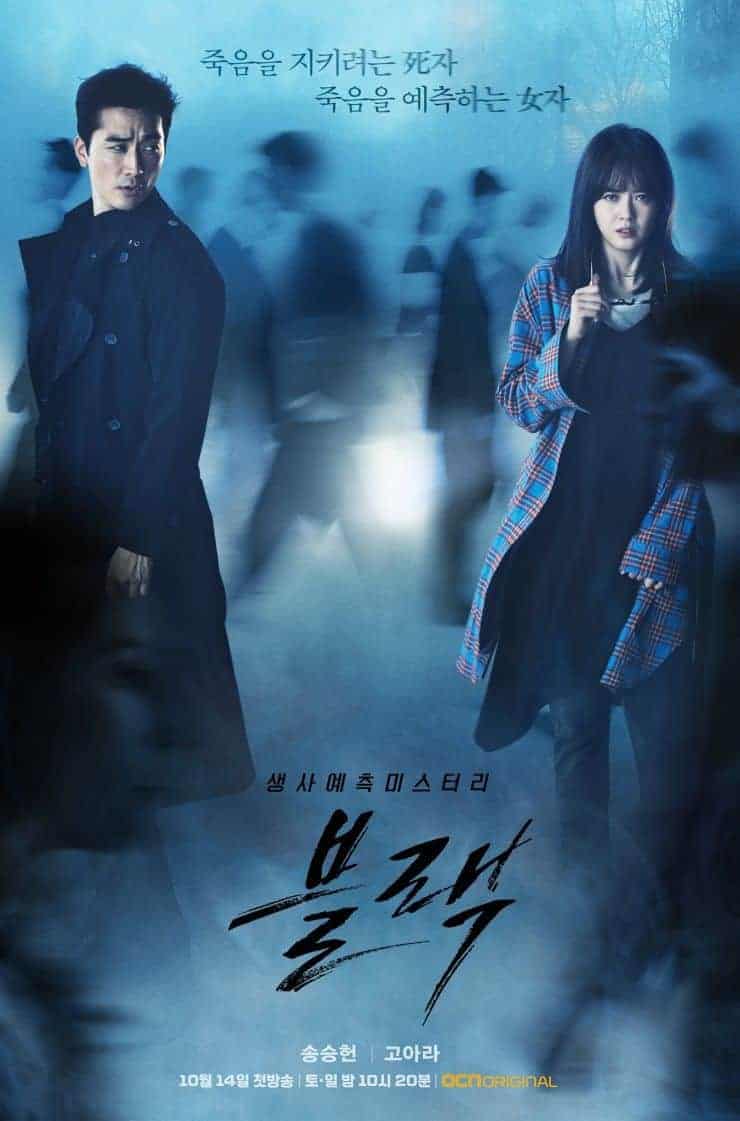Structural violence within a society or within a culture can take on different shapes. The study of history has taught us how a system can manifest its power structures quite directly through its many institutions, whereas for example bureaucracy and social services can implement policies in a more subtle way. One of the most interesting, and thus quite dangerous methods of violence is when it controls the way we view our history, supporting a narrative which favors one view over the other, ignoring other perspectives and therefore preventing further processing and reprocessing of past events. According to director Aim-ei Polpitak, this subtle violence is quite lethal as it “doesn't stir us into action and resistance but instead seduces and lures us into inaction” since the general narrative provides comfort and no need to think deeply.
“Cloud Cuckoo Country” is screening at Osaka Asian Film Festival
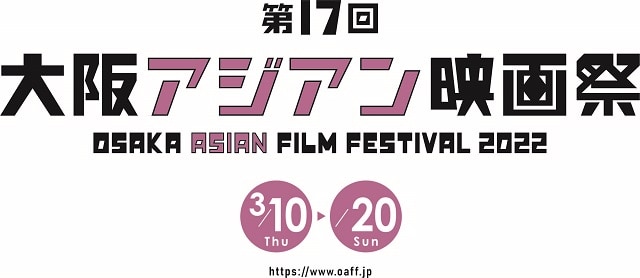
In her debut feature “Cloud Cuckoo Country”, an allusion to the concept of “could cuckoo land”, an overly optimistic, idealistic state, Polpitak examines these ideas of violence through the story of two women, former lovers, who run into each other in the Grand Palace precinct in Bangkok after not having seen each other for ten years. One of them (Nantanat Thakudkul) is a conservative, who is about to be married soon and who has taken some time to pray inside one of the temples, when she suddenly is addressed by her former lover (Chayatanus Saradatta), a progressive journalist. After exchanging news about their current lives and their career, their conversation quickly touches upon those topics and views which have led to their break-up many years ago, issues such as family, Thai politics and differing perspectives on history and tradition. Their conversation leads them to various famous, historical sights of the city such as the Temple of the Reclining Buddha, the governmental district as well as museums about Thai history.

Essentially, Polpitak's concept for her feature, which celebrates its world premiere at Osaka Asian Film Festival, is quite simple. The chance encounter of the two former lovers is driven by their dialogue on the surface, whereas the background, the aforementioned political and historical sights and buildings, define the background. However, as any viewer will soon discover, there is a strong connection between both aspects, as, for instance, issues of the lovers' past, their political views, most significantly the conflict between conservative and progressive values, are reflected in the places they visit, emphasizing how their struggle and argument touches upon a much bigger conversation within the country itself.
Considering the feature is driven by their dialogue, Nantanat Thakudkul and Chayatanus Saradatta carry the plot through their performances. One aspect which their acting establishes is the conflict between obvious emotional attraction and their opposing political views, or more precisely, “walls” they have build over time, making it impossible to connect on a profound level, thus preventing the relationship to blossom and develop. Subtle gestures and body language highlight the inner turmoil of each character, a struggle between ideals and feeling which may reflect a much bigger issue, for example, how a narrative has become so powerful we are unable to shake it off and move on.
In conclusion, “Cloud Cuckoo Country” is a richly layered short feature about the conflict of political views, narratives and emotions. It is a very promising feature by Aim-ei Polpitak, balancing the visual language of cinema, acting and an important message, which will surely resound in many viewers.


